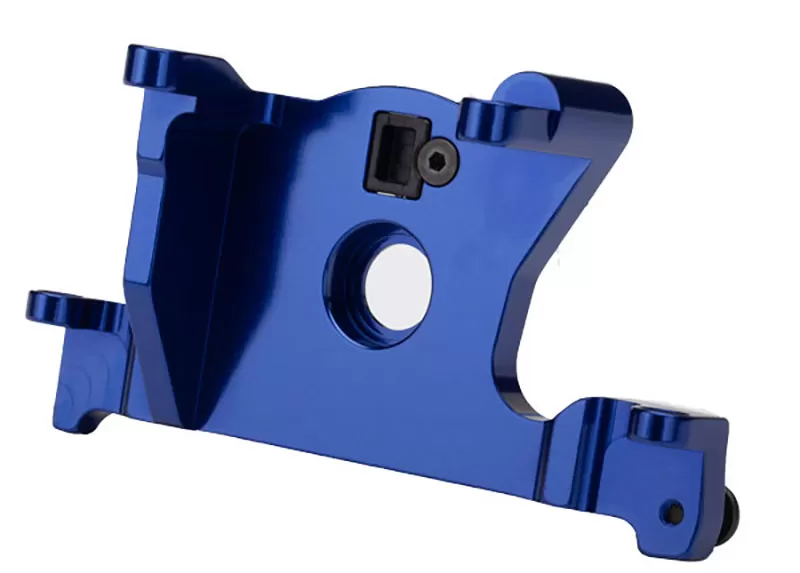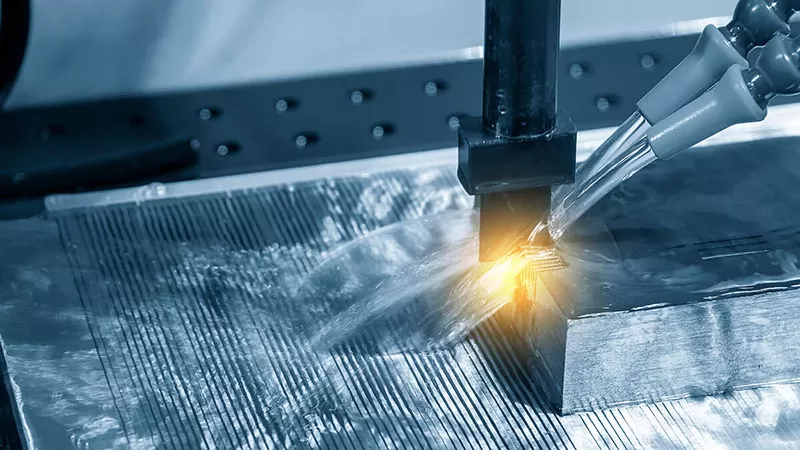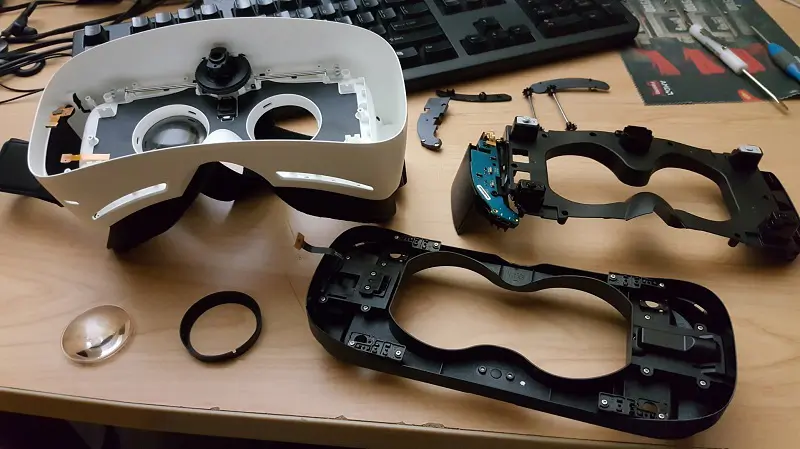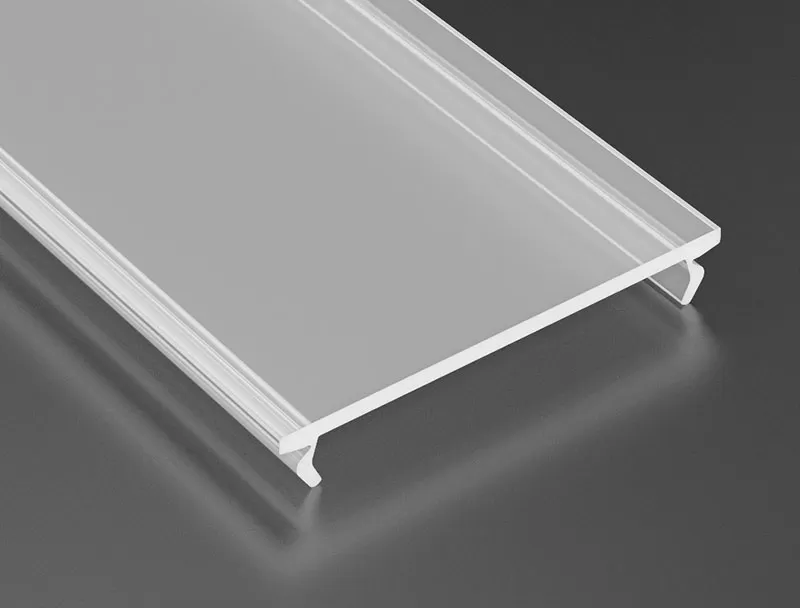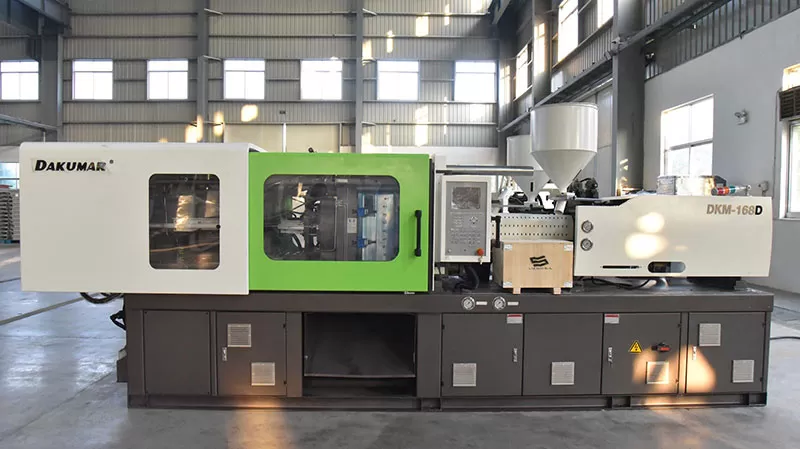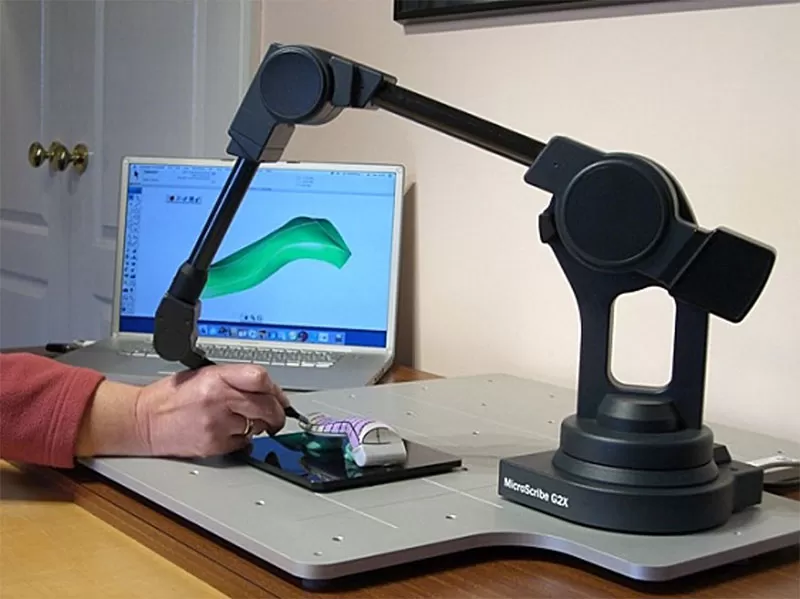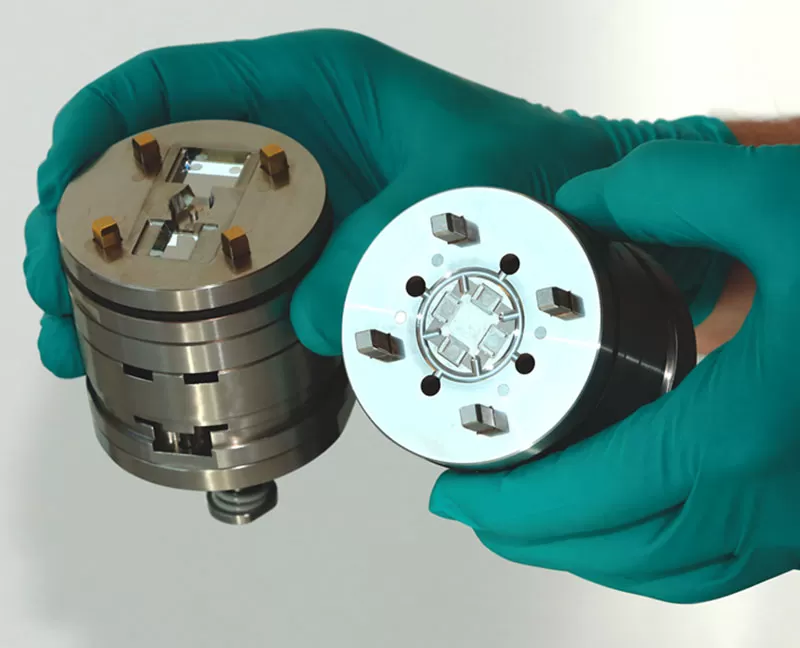The Trend of Bespoke Products Manufacturing Around the World
A New Era of Personalization
In today’s dynamic consumer landscape, bespoke products manufacturing has emerged as a transformative force, revolutionizing the way we perceive and experience goods. Gone are the days of one-size-fits-all; instead, we are witnessing a growing demand for customization and personalized offerings. This shift signifies a deep-seated desire for individual expression, uniqueness, and a sense of ownership. The art of bespoke manufacturing allows consumers to go beyond the constraints of mass-produced items and indulge in tailored experiences that align with their specific preferences and aspirations.
Customization and tailored experiences have gained significant importance, as consumers increasingly seek unique and one-of-a-kind offerings. The cookie-cutter approach is no longer sufficient to satisfy the diverse needs and aspirations of individuals. Instead, bespoke products manufacturing has emerged as a powerful force, enabling people to curate their own experiences and express their personal style.
Precision Customized Machining For Plastic Part
Redefining Manufacturing
Bespoke products manufacturing is an exquisite craft that embraces the essence of true artistry and individuality. Unlike mass production or off-the-shelf alternatives, it encapsulates a deeply personalized and artisanal approach to manufacturing, where each item is meticulously crafted to meet the unique desires of the customer.
At its core, bespoke manufacturing stands in stark contrast to mass production. While mass production focuses on efficiency and producing large quantities of identical items, bespoke manufacturing takes a different path. It celebrates the human touch, valuing the skill and expertise of artisans who pour their passion and creativity into every piece. Rather than adhering to standardized processes, bespoke manufacturing allows for customization and tailoring to the finest details, resulting in truly one-of-a-kind creations.
The allure of bespoke products lies in their distinct characteristics and value propositions. Each item is a manifestation of thoughtful design, exceptional craftsmanship, and high-quality materials. Whether it’s a handcrafted leather accessory, a custom-made piece of furniture, or a tailored garment, bespoke products exude a timeless appeal that transcends trends and fads. They offer a level of exclusivity and rarity that cannot be replicated by mass-produced goods.
Beyond their tangible attributes, bespoke creations forge an emotional connection with their owners. The process of co-creation between the artisan and the customer fosters a sense of collaboration and personal investment. As individuals actively participate in the design and manufacturing process, they develop a profound attachment to the final product. Each bespoke item becomes a reflection of their unique style, values, and identity, imbuing it with sentimental value and a story worth cherishing.
In a world saturated with generic and impersonal offerings, bespoke products reignite the appreciation for craftsmanship, individuality, and artistry. They invite us to embrace the beauty of imperfection, to celebrate the human element in manufacturing, and to treasure the stories woven into every stitch or brushstroke. Bespoke manufacturing is a testament to the enduring power of human creativity, reminding us that true luxury lies not in mass-produced uniformity, but in the bespoke tailored experiences that enrich our lives.

Swiss Machining Service For Custom Parts

Swiss Machining Service For Custom Parts
Exploring Bespoke Manufacturing Across Cultures
Bespoke products manufacturing is not confined to a single region or culture; it is a rich tapestry woven across the globe, embracing diverse traditions and influences. Its roots can be traced back to different historical periods and regions, where craftsmanship and personalized creations flourished.
Various cultures have contributed to the development and evolution of bespoke manufacturing practices. From the meticulous attention to detail in Italian craftsmanship to the elegance and precision of Japanese artisans, each culture brings its unique flair and expertise to the art of customization. Traditional techniques passed down through generations have become the foundation of bespoke manufacturing, ensuring that age-old craftsmanship continues to thrive in the modern world.
The global market for bespoke products is experiencing significant growth, fueled by the increasing demand for personalized and unique offerings. Consumers are seeking meaningful connections with the products they purchase, valuing the stories and cultural heritage embedded within each bespoke creation. This has led to the expansion of bespoke manufacturing beyond traditional luxury sectors, encompassing areas such as fashion, accessories, furniture, and even technology.
Several countries and regions have emerged as leaders in the bespoke manufacturing industry. Italy, renowned for its deep-rooted tradition in craftsmanship, excels in areas such as luxury fashion, leather goods, and interior design. The United Kingdom, particularly Savile Row in London, is synonymous with bespoke tailoring, where skilled artisans create custom-made garments of exceptional quality. France, with its long-standing reputation for haute couture, showcases the pinnacle of bespoke fashion, where designers and ateliers craft unique pieces for discerning clients.
In Asia, Japan is celebrated for its dedication to detailed craftsmanship and its concept of “monozukuri,” which emphasizes the art of making things. From handcrafted knives to exquisite ceramics, Japan’s bespoke manufacturing heritage is deeply ingrained in its culture. India, with its rich textile traditions, offers a vibrant landscape for bespoke fashion and home decor, where artisans create intricate designs and patterns using traditional techniques.
The rise of bespoke manufacturing has also seen the emergence of new players in the market. Countries such as the United States, Germany, and Australia are making their mark, leveraging their innovative spirit and blending it with traditional craftsmanship to create unique, personalized products.
As bespoke manufacturing continues to expand its global presence, it not only preserves cultural heritage but also fosters cross-cultural collaborations. Artisans from different regions draw inspiration from one another, creating a fusion of styles and techniques that breathe new life into bespoke creations. This interplay of cultural influences enriches the industry, offering consumers a wide array of choices and experiences.
In this global tapestry of bespoke manufacturing, boundaries are blurred, and creativity knows no limits. The industry thrives on the exchange of ideas, the preservation of craftsmanship, and the celebration of cultural diversity. As consumers embrace the allure of personalized experiences, bespoke manufacturing stands at the intersection of tradition and innovation, weaving a narrative that transcends borders and connects people through the universal language of exquisite craftsmanship.
-fits-all approach of mass production. The desire for uniqueness and self-expression has fueled the demand for bespoke products, which offer a personalized and tailored experience that resonates with the modern consumer.
Technological advancements have played a pivotal role in revolutionizing the bespoke manufacturing process. From computer-aided design (CAD) software to 3D printing and advanced manufacturing techniques, technology has enabled greater precision, efficiency, and customization capabilities. These tools have empowered artisans and manufacturers to bring their clients’ visions to life with unparalleled accuracy and speed, pushing the boundaries of what is possible in bespoke manufacturing. The integration of technology has not only improved the production process but has also expanded the range of materials and design possibilities, further fueling the growth of bespoke products.
Social media and influencers have also been instrumental in driving interest and demand for bespoke products. Platforms like Instagram, Pinterest, and YouTube have become virtual showcases for artisans, designers, and manufacturers to display their craftsmanship and engage with a global audience. Influencers and tastemakers, who have a strong online presence and a dedicated following, play a crucial role in promoting bespoke products and raising awareness about their distinct value propositions. Their endorsements and recommendations have the power to shape consumer preferences and drive the popularity of bespoke manufacturing.
Economic factors and market dynamics have also contributed to the surge in bespoke manufacturing. As disposable income levels have risen in many parts of the world, consumers are willing to invest in high-quality, long-lasting products that offer a unique and personalized experience. The shift towards conscious consumerism, where individuals prioritize ethical and sustainable practices, has also fueled the demand for bespoke products. With a focus on craftsmanship, durability, and customization, bespoke manufacturing aligns with the values of conscious consumers who seek products that are made with care and have a reduced environmental footprint.
Furthermore, the market dynamics of the luxury industry have played a significant role in the growth of bespoke manufacturing. Luxury brands and designers have recognized the appeal of personalization and customization as a means to differentiate themselves in a crowded market. By offering bespoke options alongside their ready-to-wear collections, luxury brands can cater to the desires of their discerning clientele while maintaining exclusivity and prestige. This strategic move has not only expanded the reach of bespoke manufacturing but has also made it more accessible to a wider range of consumers.
Balancing Customization and Efficiency
In the realm of bespoke manufacturing, striking a delicate balance between customization and efficiency is crucial to meet the unique demands of discerning clientele. While the process of creating personalized products presents its own set of challenges, industry leaders have developed strategies to overcome obstacles and deliver exceptional bespoke experiences.
Ensuring quality control and consistency in bespoke manufacturing is paramount. Each custom-made item must meet the highest standards of craftsmanship and reflect the client’s vision accurately. To achieve this, manufacturers employ rigorous quality control measures throughout the production process. Skilled artisans meticulously inspect materials, monitor production stages, and conduct thorough testing to guarantee that every bespoke product meets the desired specifications. By maintaining strict quality control protocols, manufacturers can uphold their reputation for excellence and deliver consistent results.
Scalability considerations and managing production capacity present unique challenges in bespoke manufacturing. Unlike mass production, where items are replicated on a large scale, customization requires individual attention and craftsmanship. Manufacturers must carefully assess their production capabilities and capacity to meet increasing demands while maintaining the same level of quality. This involves strategically planning resources, optimizing workflow, and investing in skilled labor and advanced machinery. By striking a balance between customization and efficient production processes, manufacturers can scale their operations effectively without compromising on quality.
Pricing strategies play a crucial role in addressing affordability concerns for bespoke products. Customization often involves additional time, labor, and unique materials, which can increase production costs. To make bespoke products more accessible, manufacturers can adopt pricing strategies that cater to different budget ranges. This could include offering different customization tiers with varying levels of personalization, collaborating with more affordable material suppliers without compromising quality, or introducing limited editions alongside fully bespoke options. By providing a range of pricing options, manufacturers can accommodate a wider audience while still delivering exceptional craftsmanship.
Overcoming logistical complexities in delivering personalized items worldwide requires meticulous planning and coordination. Shipping and handling individualized products can be a complex process, especially when considering international deliveries. Manufacturers must collaborate with reliable logistics partners experienced in handling fragile and valuable items. They also need to develop robust packaging solutions that ensure the safe transport of bespoke products, protecting them from damage during transit. Additionally, efficient tracking systems and clear communication channels with clients are essential to provide visibility and peace of mind throughout the delivery process. By addressing logistical complexities, manufacturers can extend their reach and deliver personalized items to clients globally.

Sla 3d Printing Used In Artworks

Sla 3d Printing Used In Artworks
The Future of Bespoke Products Manufacturing
Bespoke products manufacturing is constantly evolving, driven by technological advancements and changing consumer preferences. As we look to the future, several exciting trends are emerging, reshaping the landscape of customization and pushing the boundaries of what is possible.
One of the most significant trends in bespoke manufacturing is the integration of 3D printing and advanced materials. 3D printing technology enables the creation of complex and intricate designs with unparalleled precision. It allows manufacturers to rapidly prototype and produce customized items, reducing production time and costs. Additionally, advancements in materials science have led to the development of innovative and sustainable materials, such as bio-based polymers and recycled composites. These materials offer new possibilities for bespoke manufacturing, providing a wide range of options for customization while minimizing environmental impact.
The integration of artificial intelligence (AI) and data-driven customization is another transformative trend in bespoke manufacturing. AI algorithms can analyze vast amounts of data, including customer preferences, style trends, and design elements, to generate personalized recommendations and design options. This data-driven approach enables manufacturers to create highly tailored products that align with individual tastes and preferences. AI can also streamline the design process by automating certain tasks, allowing artisans and designers to focus on more creative aspects of customization. As AI continues to advance, it will play an increasingly influential role in shaping the future of bespoke manufacturing.
Sustainable practices are gaining prominence in the bespoke manufacturing industry. Consumers are increasingly conscious of the environmental impact of their purchases and seek products that align with their values. As a result, manufacturers are adopting sustainable practices throughout the production process. This includes sourcing materials from ethical and eco-friendly suppliers, optimizing energy and resource consumption, and implementing recycling and waste reduction initiatives. The rise of eco-friendly bespoke products not only addresses consumer demands for sustainability but also presents an opportunity for manufacturers to differentiate themselves in the market and attract environmentally-conscious clientele.
Looking ahead, the future trajectory of custom manufacturing holds immense potential for various industries. In the fashion industry, customization will become even more ingrained in the design process, with brands offering personalized clothing lines and made-to-order collections. Luxury automotive manufacturers will continue to offer bespoke options, allowing customers to personalize every aspect of their vehicles, from interior finishes to performance enhancements. The interior design industry will see a rise in customized smart homes, integrating technology seamlessly into personalized living spaces. Additionally, bespoke manufacturing will extend its reach to other sectors, such as healthcare, where custom-made prosthetics and medical devices will enhance patient care.
The impact of bespoke manufacturing on industries goes beyond product customization. It fosters a deeper connection between manufacturers and consumers, creating a sense of exclusivity and personalization that enhances the overall customer experience. As customization becomes more accessible and affordable, it will transform the way we perceive and interact with products, blurring the line between producer and consumer.


